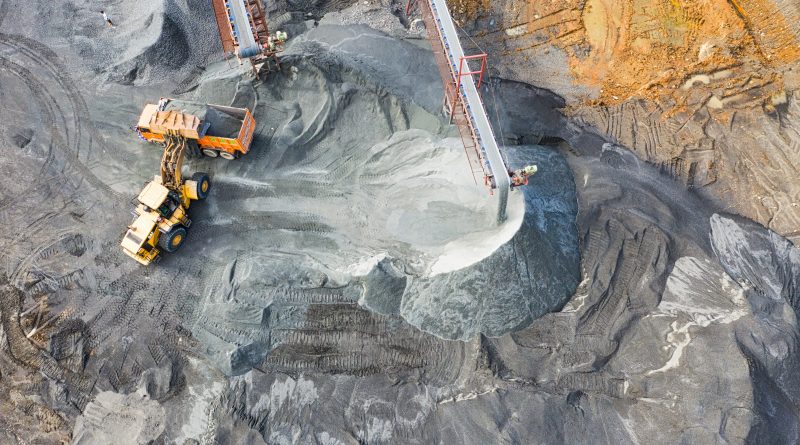As Coal Industry Tries to Rebound, Workforce Grants Help Appalachia Diversify Economies and Displaced Miners Find Jobs
Coal mining is in his blood. But, these days, Billy Jack Buzzard has another lifeline.
The seventh-generation miner from rural West Virginia is working in a small town near Charleston, where he is building an app for a project based in Seattle. Billy Buzzard got the new job after completing a coding class offered through Mined Mines, a nonprofit foundation that helps miners in struggling coal-country communities in West Virginia and Kentucky find work.
Mined Mines is funded by grants from the Appalachian Regional Commission, a federal-state partnership that creates self-sustaining opportunities and quality of life improvements in a region long beset by high poverty and unemployment.
In the 205,000-square-mile region that follows the spine of the Appalachian Mountains from southern New York to northern Mississippi, a way of life that sustained generations is evaporating.
ARC reports coal production in Appalachia fell by nearly 45 percent from 2005 to 2015. Coal is about to become the comeback kid of energy and displaced miners need work now.
POWER Initiative Grants
For communities struggling from the coal industry’s downturn, ARC provides funds to help strengthen and diversify their economies through POWER initiative grants. (While this grant deadline has passed, it is in the GrantWatch archives and can be reviewed and will be reposted again, when it becomes available.) POWER initiative grants aim to bolster the healthcare sector and improve health conditions, increase the number of adults with high school diplomas, enhance access to broadband internet service, foster entrepreneurship and develop industry clusters within the community.
Energy experts attribute coal’s diminished standing to a rise in inexpensive natural gas combined with more automation in mines and the falling costs of renewable energy. According to the Bureau of Labor Statistics, the coal industry lost some 30,000 mining jobs between 2008 and 2016.
To assist distressed communities and regions impacted by the declining use of coal, GrantWatch also offers access to grants from the U.S. Economic Development Administration that provide technical assistance to address a wide variety of economic concerns, namely the creation and retention of jobs and increased private investment.
Many Appalachians reeling from the economic hit have already seen how changes in the regional coal economy can not only touch miners and their families, but everything from supply-chain industries to electric power generation, from transportation to K-12 education funding as well. While Mined Minds is geared toward former coal miners, Appalachians from all walks of life and industries have benefited from the program.
Billy Jack Buzzard is among the fortunate. He says he does and he doesn’t miss coal mining. Getting paid to code from his home, he said, allows him the flexibility to help when his kids are sick and certainly beats working underground.
Academic entities, nonprofits, community-based groups and concerned citizens frustrated by the often-overwhelming process involved with searching for grants can identify funding opportunities in support of diversifying and strengthening economies impacted by the coal industry’s decline at GrantWatch.com. Sign-up to receive the weekly GrantWatch newsletter which features geographic-specific funding opportunities.
About the Author: Staff Writer at GrantWatch

